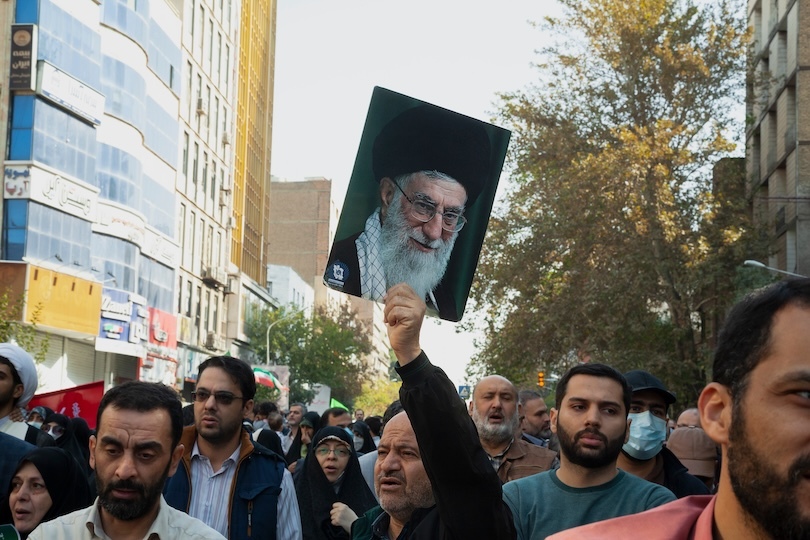Looking ahead, if Iran continues its direct engagement strategy, several outcomes are likely to reshape the regional power landscape. Iran’s focus on countering the U.S. and Israel rather than posing a threat to neighboring Arab states opens a window for regional solidarity. Recognizing this shared objective, Arab and Muslim countries in the region may find strategic alignment with Iran beneficial, forming a united deterrent bloc that challenges Israeli policies and reduces its influence. This coalition could embolden the broader “Axis of Resistance,” fostering a regional front rooted in a shared commitment to resist perceived external aggression. However, balancing honor-driven action with strategic restraint remains crucial; any escalation risks exhausting resources and drawing the region into wider conflict. Iran’s evolving military doctrine thus reflects not only a response to immediate threats but also a longer-term vision to redefine power dynamics in a multipolar Middle East through strategic partnerships and collective resistance.


